It is crucial to consider Japanese knife maintenance, take care of your knife's edges, and keep it sharp at all times. And when it comes to maintaining sharp blades, there are two common methods: honing steel or a knife sharpener.
A honing steel is a thin metal rod used to realign the dull edge of a blade at the proper angle, smoothing out minor imperfections and restoring a straight, sharp cutting edge. It is a valuable tool often included in Japanese knife sets and highly recommended for maintaining the sharpness of your blades.
A
knife sharpener removes small amounts of material from the blade's edge, resulting in a sharper edge. While faster and easier for beginners, it can reduce a knife's lifespan due to regular edge shaving.
If it suits you, there's another classic option for sharpening your knife - using a whetstone. By sliding the blade across the stone at the correct angle, the whetstone removes material from the blade, restoring its sharpness. This method allows precise control over the sharpening process and is favored by many professional chefs and knife enthusiasts.
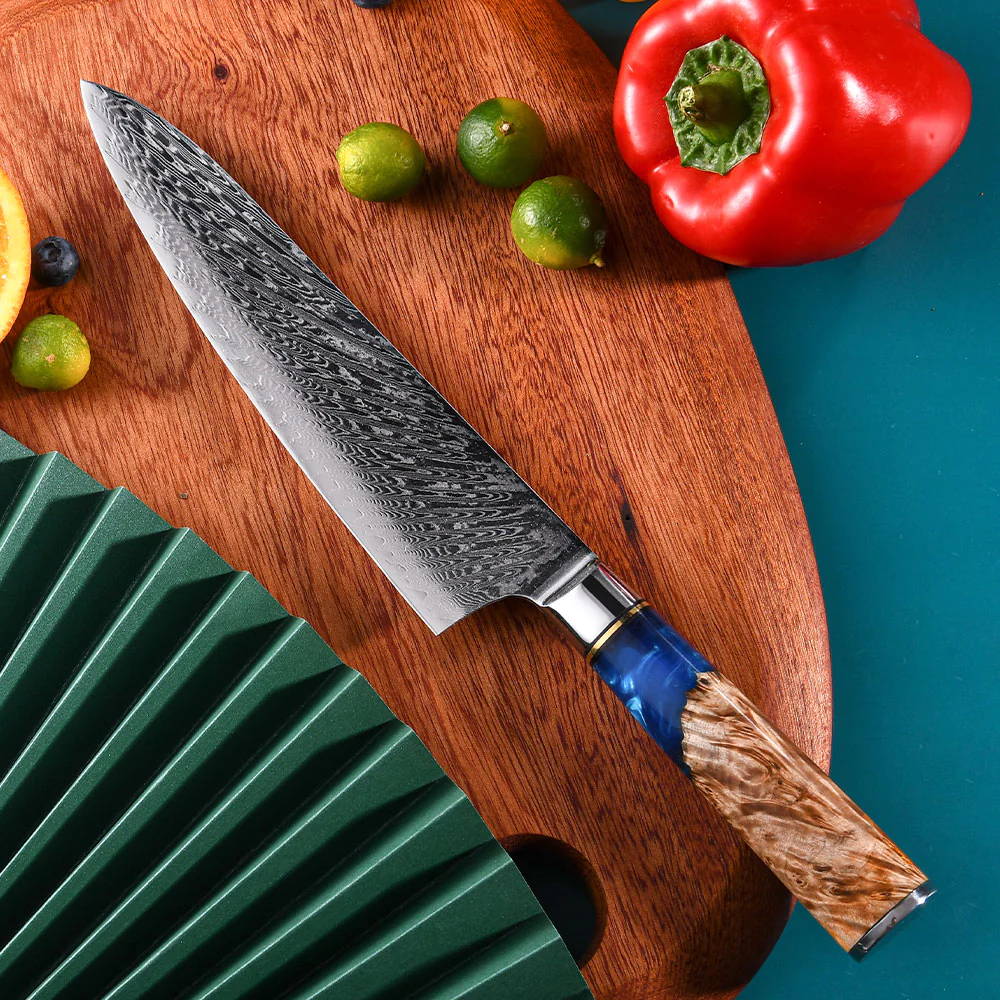
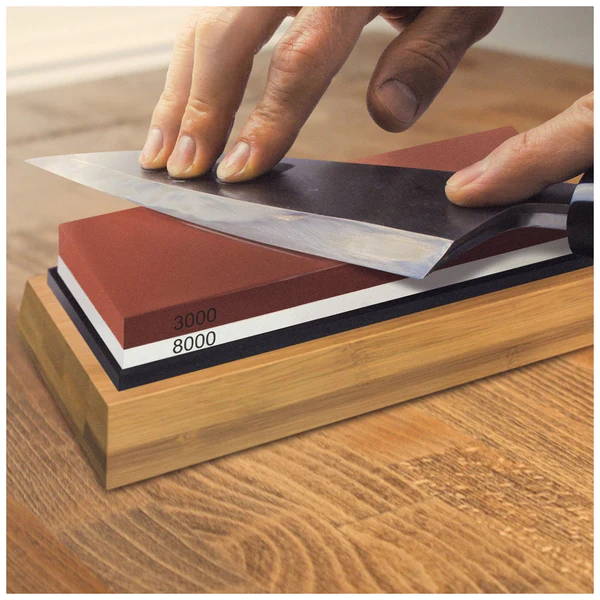
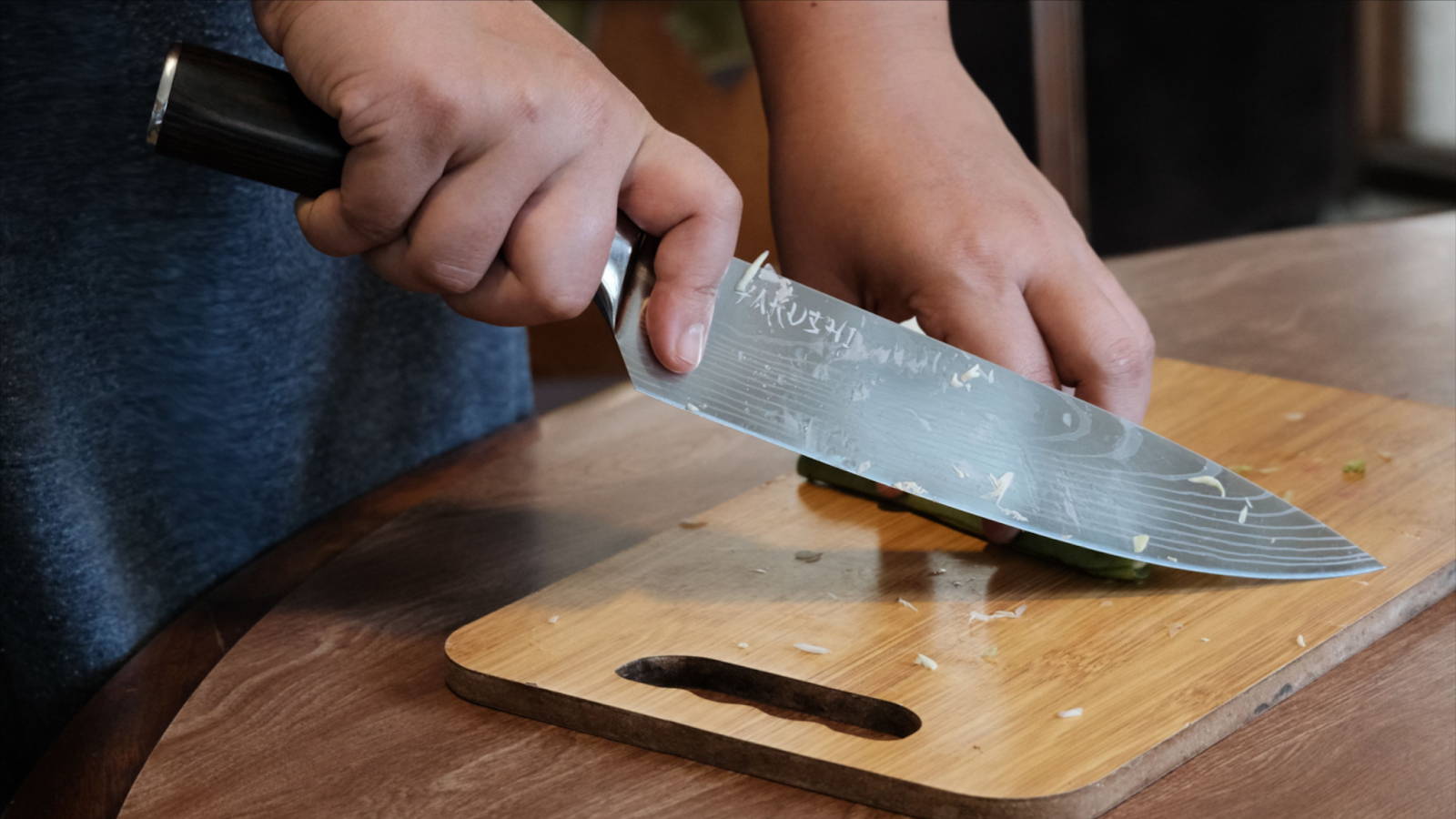


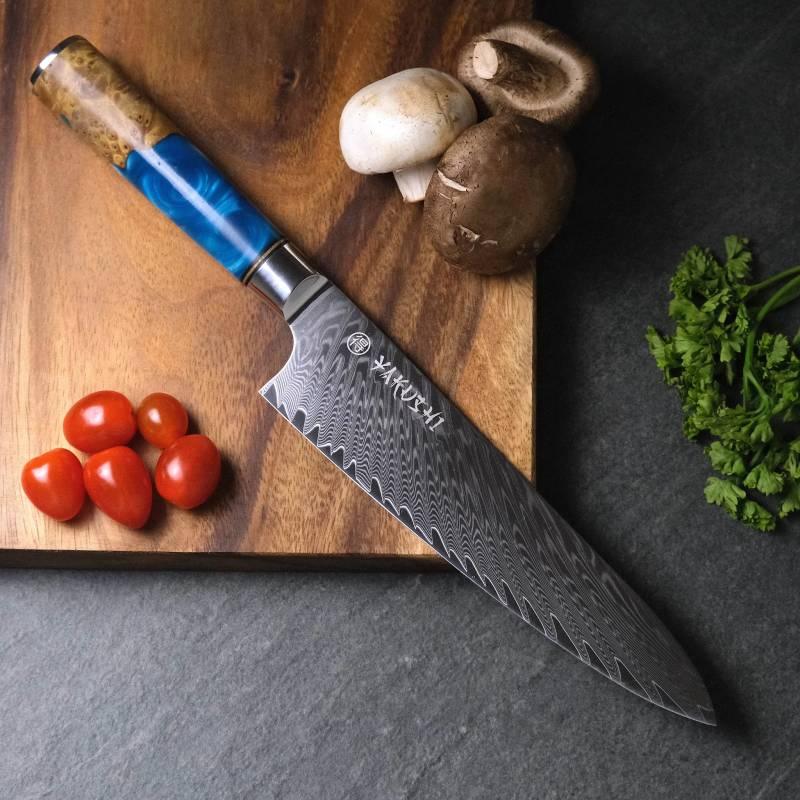
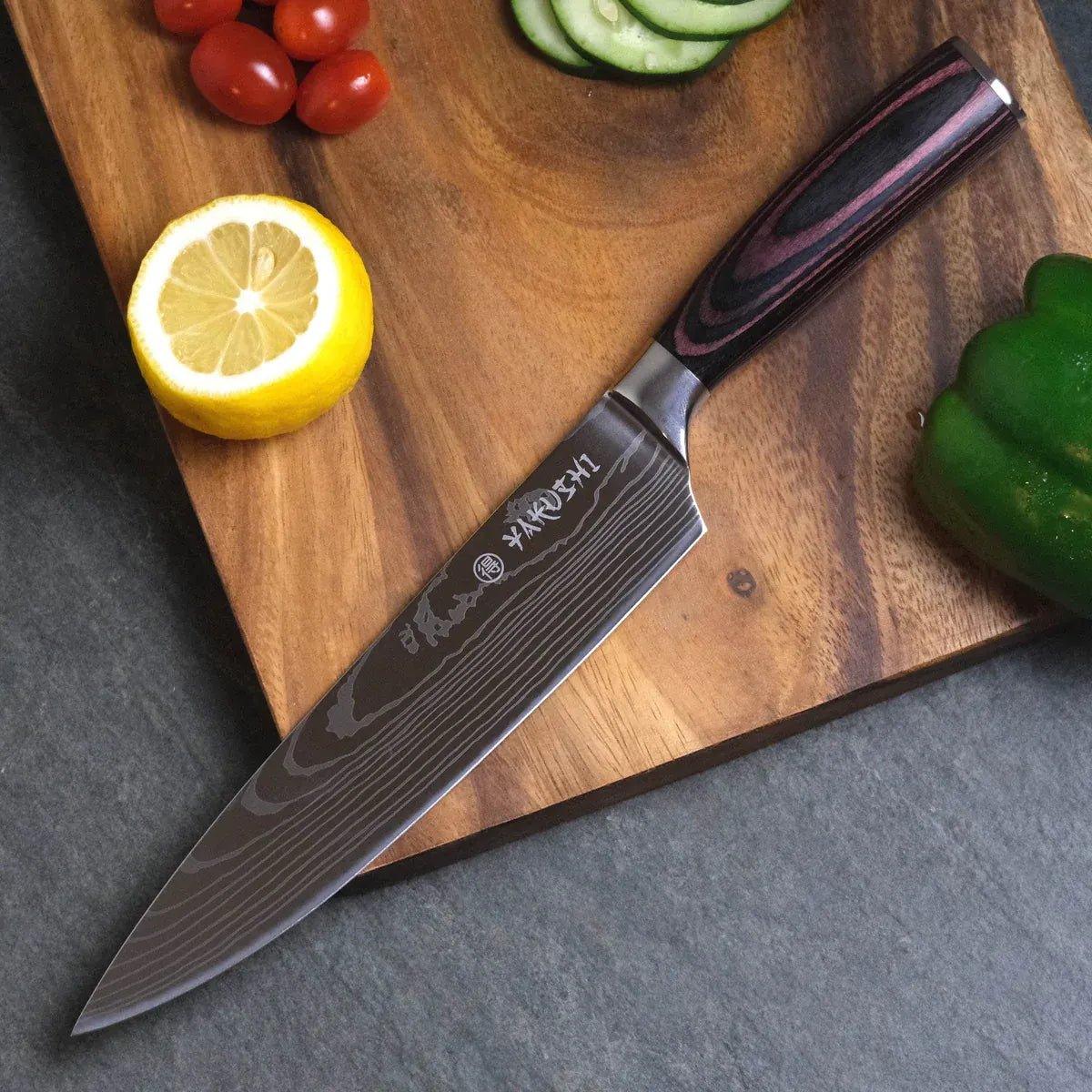
Leave a comment
This site is protected by hCaptcha and the hCaptcha Privacy Policy and Terms of Service apply.